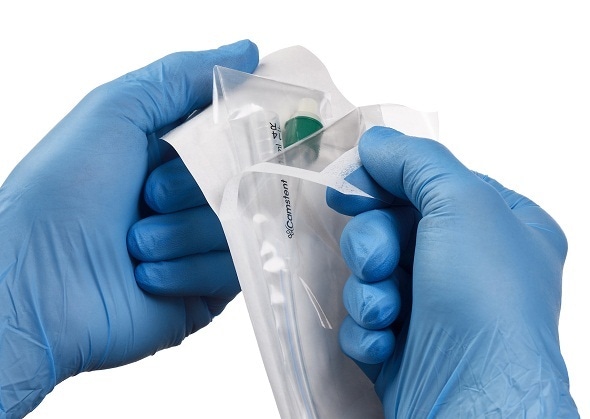Camstent Ltd., the company applying proprietary bacteria-phobic polymer coatings to medical devices, has been notified of initial results from the first-in-man pilot study for its CE marked coated catheter. The results, which compared 10 Camstent coated catheters and 12 uncoated silicone catheters, showed a clear reduction of biofilm formation and biomineralization on the Camstent polymer coated catheters compared with uncoated catheters.

Future comparisons of greater numbers of catheters, the performance of coated catheters over longer time periods and more detailed microbiological investigations will be required to support this initial evidence. Nonetheless, the results are very encouraging for the battle against hospital-acquired infections (HAI) of which catheter-associated urinary tract infection is one the major causes, accounting for 38% of all cases. HAI currently costs the NHS £1 billion every year and can lead to longer stays in hospitals for patients and seriously endanger health and lives.
The 22 coated and uncoated samples, obtained from patients catheterized for bladder management after urethral reconstructive surgery, were allocated non-randomly. Once removed they were analysed by scientists at Centre for Biomolecular Sciences & School of Life Sciences, and the School of Pharmacy at the University of Nottingham.
The results from the pilot-study are being presented this week by clinical researchers from UCLH NHS Foundation Trust in a poster titled “A new bacterial resistant polymer catheter coating to reduce catheter-associated urinary tract infection (CAUTI): A first-in-man pilot study”, at the 34th Annual European Association of Urology Congress in Barcelona and the International Meeting on Reconstructive Urology, Hamburg.
The polymers used in the coating were originally reported to have bacteria-phobic properties were discovered at the University of Nottingham in 2012 and have since been developed by Camstent into a silky-smooth coating for silicone or silicone-based medical devices. Unlike other coatings that are designed to kill bacteria adhering to the surfaces, Nottingham’s passive non-stick molecule within Camstent’s coating aims to deter bacteria from attaching to the catheter surfaces at all. This novel approach has now been demonstrated to reduce formation of biofilm that, in turn, can lead to infection. It has the added advantage of no potential of creating antibiotic-resistant organisms - or super-bugs.
Dr Dave Hampton, founder and CTO of Camstent, said:
While our catheter was approved for use in patients last year for its silky-smooth texture, this is the first time we have confirmed evidence that our coating acts equally well in preventing biofilm attachment in humans. These initial results are being corroborated by over 60 cases as we expand the number of settings taking part in trials. We are looking to grow the body of evidence to support these initial results and welcome anyone interested in conducting trials to contact us.”
Daniela Andrich MD MSc FRCS, Honorary Associate Professor, Division of Surgery and Interventional Science, UCL, who has been conducting the pilot study, said:
Our patients are at high risk of post-operative catheter-related wound infection and we are very pleased that there is, finally, a non-antibiotic based catheter that aims to protect the patient and has no risk of antibiotic drug resistance. The surface of the catheter is very smooth and hardly requires lubrication for insertion or withdrawal, which is great for the patient. We will continue to evaluate Camstent catheters in our Reconstructive Urology Practice.”